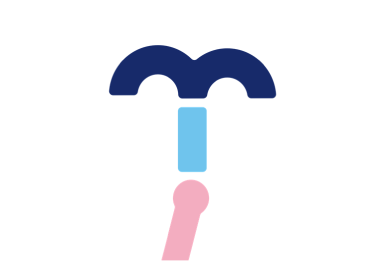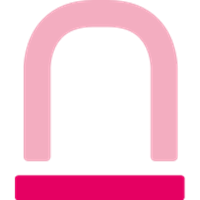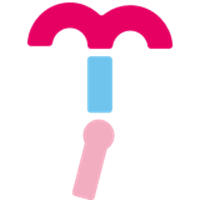Hormonal IUD
(IUS)
Pregnancy prevention for up to five years, remove at any time

An effective, long-acting and reversible method of contraception
The hormonal IUD or IUS (intrauterine system) is a small plastic device that prevents pregnancy for up to five years.
It looks quite similar to a non-hormonal IUD, but the main difference is that it contains hormones and works by steadily releasing small amounts of this hormone (progestin) into your body each day.
This process prevents any fertilised eggs settling down for pregnancy. This is not harmful and does not affect your long-term fertility. It stops working as soon as it is taken out.
At Marie Stopes Ghana, we recommend these types of contraception to prevent unwanted pregnancies as they are over 99% effective when used properly.
Frequently asked questions about the hormonal IUD
The hormonal IUD works very well at preventing a pregnancy. If 100 women used the hormonal IUD for a year and carried on with their normal sex life, then fewer than 1 of those women would fall pregnant during that period.
– The hormonal IUD is easy to use. Once in place, you do not need to think about it until it needs replacing. The hormonal IUD it can last up to 5 years.
– An hormonal IUD requires a simple, small procedure to fit and remove it.
– You can get the hormonal IUD removed whenever you want. Your previous fertility will start to return to normal within one month after the hormonal IUD is removed.
– The hormonal IUD is great for women with heavy or painful periods as it usually makes periods lighter and less painful. Lighter or no monthly bleeding is not harmful to your body and will not affect future fertility.
– It can be placed in your womb at the time of an abortion procedure, and works as soon as you put it in.
– It does not interrupt sex. Neither you nor your partner should be aware of it during sex. If you experience any discomfort you should have the positioning of your hormonal IUD checked by your provider.
– The most common side effects of the hormonal IUD are lighter and fewer days of bleeding, and some irregular bleeding. Some users stop having a monthly period. Bleeding changes should settle within the first few months of use.
– You will need to be examined six weeks after the hormonal IUD is fitted to check it is in the right place.
– Unlike condoms, the hormonal IUD does not protect you from sexually transmitted infections.
– A small number of women may experience other side effects due to the hormone, such as acne, headaches, breast tenderness, nausea, weight gain, dizziness or mood changes. These usually settle down after the first few months of use.
If you’re starting to use contraception for the first time, or thinking about using a new method, it’s a good idea to have a full consultation
Call us toll-free for a confidential talk on:
Call us toll-free for a confidential talk on 0800 20 85 85 OR WhatsApp us on 0244208585
Find our locations that offer contraception and family planning services
Hormonal IUD aftercare advice
If you have a hormonal IUD fitted at the time of an abortion or on days 1-5 of a period it will work straight away.
If fitted on any other day, use condoms or abstain from sex for seven days. Please see your GP or attend your family planning/sexual health clinic after 6 weeks to have your IUS checked.
Once a month, after your period, gently insert a finger into your vagina during a bath or shower. The neck of your womb (cervix) feels a bit like the end of your nose, and you should be able to feel the threads of your IUS. If you can’t, please see your GP or attend your family planning/sexual health clinic and use condoms or abstain from sex until the presence of the IUS is confirmed.
Your partner should not be able to feel the threads during sex. If this happens, seek advice as above, as your threads might be too long.
Please contact us at any time if you have any aftercare concerns, or find out more if you’re looking to learn about removing an IUD.
Find your best fit
If you’re unsure what method is best for you, take our online contraception quiz.

Other contraceptive methods
We offer a range of contraceptive and sexual health services to suit you














